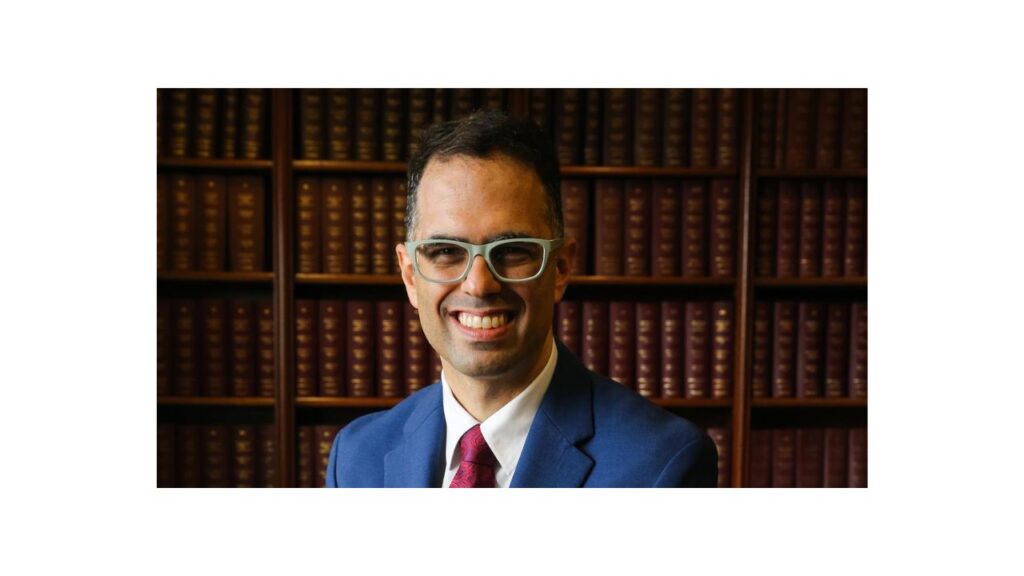The first state to encourage general practitioners to bill in bulk is NSW; however, as anticipated, there were no significant budgetary increases in NSW.
Tuesday’s second state budget, presented by NSW Treasurer Daniel Mookhey, was a budget of “must-haves,” not “nice-to-haves.”
The budget’s centerpiece was a $5.1 billion commitment to build new public housing, with half of the projected 8400 public dwellings going to victim-survivors of family and domestic abuse. Despite this, the state is expected to record deficits during the forward forecasts to 2027–2028.
A state-first incentive to encourage general practitioners to bulk bill was also revealed, along with initiatives to assist low-income people with their electricity costs.
The NSW budget’s winners and losers are listed below.
WINNERS
GPs: The government has proposed a $189 million payroll tax refund for contractor GPs who achieve bulk-billing standards in an attempt to encourage GPs to bill in bulk. The policy will be enacted by the government through law, with the state of New South Wales being the first to apply a waiver.
Residents of public housing The centerpiece of the budget was the state’s $5.1 billion investment in public housing, which will result in the construction of 8400 dwellings, at least half of which will be set aside for victims and survivors of domestic abuse. Under the initiative, a minimum of 3100 individuals in DV situations are anticipated to be eligible for a new residence.
Households with low incomes An additional $100 million has been authorized to raise low-income households’ energy bill reimbursements from $285 to $350 annually, in recognition of the widespread cost-of-living crisis. Additionally, the Family Energy refund will rise from $180 to $250, a $70 increase. This will be on top of the $300 energy refund that all households will be eligible for from the federal government.
Funding for survivors of domestic violence Enhancing the significant $230 million emergency domestic and family violence package that was unveiled in May, additional projects were identified on Tuesday, increasing the funding total to $245.6 million. This includes an increase of $3.6 million to extend Domestic Violence NSW, the peak body, and $10 million to expand Men’s Behaviour Change Programs.
Families that have not yet switched to energy-efficient power A total of $238 million has been set aside for the soon-to-be-unveiled Consumer Energy Strategy, which will assist households in making the financial transition to more affordable and energy-efficient technologies like solar panels and batteries.
Users of smartphones: In order to enable people of NSW to share their ID and credentials via cellphones, an additional $21.4 million has been set aside for the construction of a new NSW Digital Identity and Wallet system. In addition, $62.5 million will be utilized to guarantee data security and enable the installation of 80 more licenses for the app.
Commuters on buses: Funding totaling $91 million has been set aside to modernize NSW’s bus system, which includes adding audio announcements and screens to buses as well as installing new equipment to enhance bus service monitoring. In order to expand services, build new routes, and finance Zero Emission Buses (ZEBs) in Western Sydney, an additional $24.7 million has been pledged over the course of four years. A two-year “Medium Term Bus Plan” to enhance services over the next ten years by planning services and attending to needs in important areas will also cost $23.8 million.

Parramatta commuters: A $2 billion commitment has been made to start building the second phase of the Parramatta Light Rail before the next state election, scheduled for March 2027. The 10-kilometer track will connect Parramatta and Sydney Olympic Park train stations, as well as the Sydney Metro West, with 14 stops situated between Camellia and the Parramatta CBD, via Sydney Olympic Park.
Origin Energy: Due to concerns that its previously scheduled shutdown in 2025 would jeopardize the state’s energy reliability, the operation of Australia’s largest coal-fired power station has been prolonged for an additional two years, until August 2027. After talks with Origin Energy, a compromise was reached wherein NSW will cover up to $450 million of the energy giant’s losses over a two-year period. On the other hand, if Origin makes money from Eraring’s continuous operations, NSW would benefit by as much as $40 million annually; the company can choose to participate in the agreement prior to each fiscal year.
Workers who are essential To tackle the shortage of reasonably priced inner-city housing for vital professions including paramedics, nurses, teachers, police officers, and fire fighters, the government has allocated $450 million towards the construction of over 400 build-to-rent residences over the next three years. Landcom, a public developer, will build the dwellings on four different locations.
The locations have still to be decided, but once constructed, they will be made available to critical employees at a reduced price, around 20% less than the going rate. Additionally, roughly 120 homes in regional locations, including motels and apartments, will be purchased with $200.1 million. These homes will serve as temporary lodging for health workers who are relocating to the bush. Some of the first areas to gain access to the houses have been identified as Lismore and Tweed Heads.
In favor of housing approvals In order to guarantee that the state can construct the 375,000 homes it has planned by 2029, an additional $253.7 million in financing will be utilized to recruit more planners and make technological investments to expedite the review of development applications. The government has also announced a trial program for funding guarantees to help the building sector construct homes in the face of difficult market conditions, such as high labor and material costs. This can entail pre-purchasing residences in high-density developments and serving as guarantor for certain development financing.
Sort of renters The NSW Rental Taskforce, which is expected to be one of the largest groups under NSW Fair Trading, will be established with a total of $8.4 million. Under the direction of NSW Rental Commissioner Trina Jones, the squad will be manned by investigators, inspectors, and support teams with the goal of going after real estate owners, as well as those who violate rental rules by leasing subpar properties. Nevertheless, Labor has committed no more funds to implement its major election pledges, which include establishing a portable bonds program and a policy that facilitates pet ownership for tenants.
LOSERS
The net budget for NSW: Forecasts indicate that the state’s efforts to repay debt will result in a four-year budget deficit. The overall deficit will drop from $9.6 billion in 2023–2024 to $1.5 billion in 2027–2028; nonetheless, according to Mr. Mookhey, this budget is full of “must-haves” rather than “nice-to-haves.”
Women receiving fertility treatments: The government is allocating $52.2 million in 2018 budget to provide means-tested rebates to women seeking procedures like in vitro fertilization, which will only be available to low- and middle-income households. The targeted policy, which provides $2000 for approved reproductive treatments like IVF and $250 for pre-IVF fertility testing, is expected to make the refund more accessible to more women than it was previously.
Earning homes in the upper and middle classes: Mr. Mookhey insisted that vouchers or other forms of mass distribution would not be part of the 2024 budget. Rebates are rather meager and dependent on income.
Homeowners from abroad From2025, there will be an increase in the fees charged to foreign investors and purchasers of real estate. The foreign purchaser duty surcharge will increase from 8% to 9% on January 1st, while the foreign owner land tax surcharge will rise from 1% to 5% as well.
Proprietors of inns and bottle stores: The annual liquor license fees, which have been in effect since May 2024, have been noted to be increasing in the budget. The fee increase will be used to finance initiatives aimed at improving NSW’s nightlife, with an estimated $25.5 million added in the five years leading up to 2027–2028.
Consultants: Labor said that they will increase their annual spending on contractors by $35 million in response to a NSW Auditor-General report that revealed over 10,000 consultant contracts were awarded over the final five years of the previous government.
Owners of vacation homes and investment properties should take note that NSW has eliminated the yearly indexation of land tax rates and has instead frozen the tax-free threshold at $1.075 million through 2024. Over the next four years, the shift is expected to boost the state’s revenue by roughly $1.5 billion, with the money raised going toward the construction of new dwellings.
